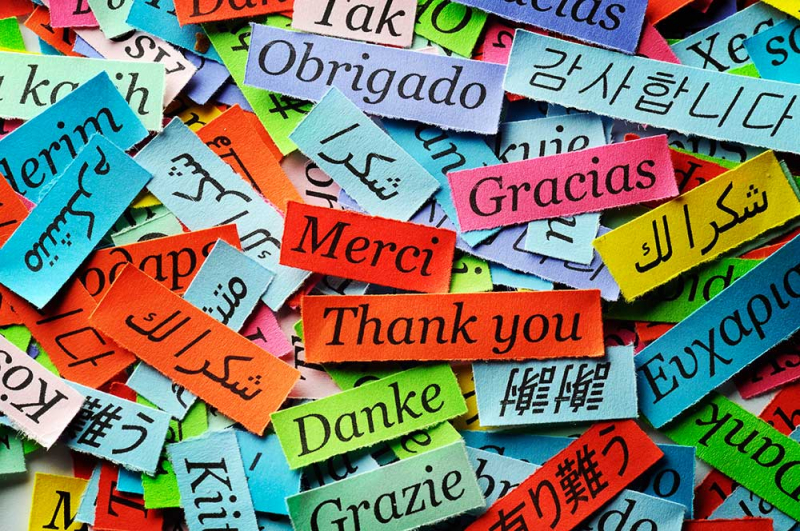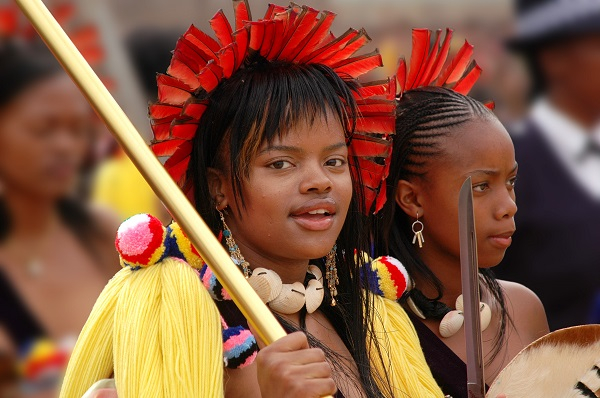Learn the lingo
While many people in eSwatini know English, learning a few phrases in the indigenous language, siSwati, is a smart idea. SiSwati is a Bantu language that might be difficult to learn due to the presence of multiple clicks that are not audible in European languages.
Swati, Sewati, Swazi, and siSwati are all names for the same language, which belongs to the Nguni family of languages. It is also one of the numerous Bantu languages spoken in South Africa and Swaziland. Swati is one of South Africa's 11 official languages, and many schools teach it to students (some on an optional basis, others as a compulsory subject). Swati is easier to understand when broken down into four dialects: Hhoho, Nandzini, and Shiselweni. These are the four divisions of the country that correspond to the four suitable districts. The siSwati language is divided into two types. Regular siSwati is spoken primarily in South Africa's south and northwestern regions.
Swazi or siSwati is a Bantu language of the Nguni group spoken by the Swati people in Eswatini and South Africa. The number of people who speak the language is estimated to be around 2.4 million. Eswatini and some South African schools in Mpumalanga, particularly in former KaNgwane districts, teach the language. Siswati is one of Eswatini's official languages (together with English) and one of South Africa's eleven official languages.














